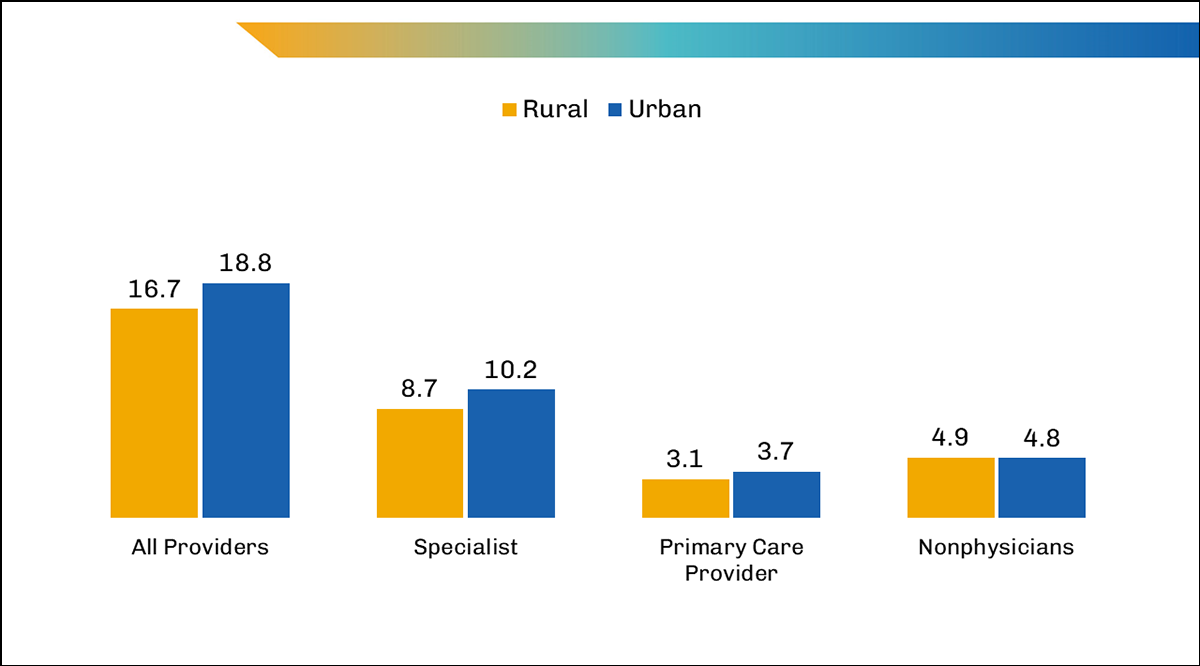Personal Hygiene Tips for females of reproductive age group:
• Take a bath or shower every day to keep skin clean.
• Brush your teeth twice a day. Good oral health is essential.
• Wash your hands with soap and water frequently, specially before meals .
• Wash the outer genital area daily with mild soap and water while taking bath . A common practice of washing genitalia after every urination, leads to frequent urinary or vaginal infections as repeated washing changes the vaginal pH making it prone for infections .
• Do not use vaginal deodorant sprays or deodorant tampons. They irritate the vagina, causing mucosal damage ; which makes it easier for germs to grow inside the vagina .
• Wash your hands before and after changing your pad or tampon.
• Change your sanitary pad or tampon at least every four hours. Change more often if your flow is heavy.
• NEVER wear a tampon for more than four hours. It is best to wear a pad at night.
• When using a menstrual cup, try to take it out every 4-6 hours to empty it, wash and dry it. Do not wait longer than 12 hours to empty and clean the cup.
•It is a good practice to wash the genitalia by both the partners before the intercourse.
• Do not use petroleum jelly or oil in your vagina before intercourse . While Contraceptive foams, films , creams , or jellies are safe to use.
• Peeing after sex may help to flush bacteria out of the urethra, thereby helping to prevent a urinary tract infection (UTI). However, peeing after sex will not prevent pregnancy or sexually transmitted infections (STIs).
Vaginal discharge is a mixture of fluid, cells, and bacteria that lubricate and protect the vagina. Normal vaginal discharge changes throughout a women’s monthly cycle. It may be thinner and watery or thick and sticky; it may be clear or white in color.
Normal vaginal discharge does not have a strong odor, nor is it associated with itching or pain. Some changes in discharge can reflect infections
Common Vaginal Infections :
Bacterial Vaginosis – an over growth of bacteria in the vagina , causing copious foul smelling discharge.
Yeast Infections – a fungal infection in the genitals , resulting in itching, redness and curdy discharge
Trichomoniasis - a sexually transmitted infection (STI) caused by a parasite , leading to excessive watery discharge and redness of perineum.
How to Prevent Infections :
• Keep your vagina clean and dry.
• Wear cotton panties or panties with a
cotton crotch.
• Avoid tight-fitting jeans and underwear.
• Wipe from front to back after a bowel movement.
• Blot instead of wiping after you urinate.
• Practice safe sex. Use condoms to reduce the risk of sexually transmitted diseases , including HIV/AIDS.
• Do not douche unless your health care provider tells you to.
• Eat right, exercise, and drink plenty of water.
• Stay healthy. Many women find that they
have trouble with infections when their health is poor.
You may have a more serious infections if you have the following symptoms:
pain in your lower belly,
pain in the lower back or
pain in your legs,
chills or fever, nausea, severe pain during sex.
It is important to seek medical attention for these problems.
If you think that you or your sex partner might have an infection, it is best not to
have sex.
Seek medical attention right away.
You may need a pelvic exam to find out what kind of infection you have.
Your sex partner may also need to be treated.
If you get treated, but your sex partner does not, your infection can come back.
An untreated infection can spread in your upper genital tract and cause more problems. It may prevent you from having children in the future .
.
 |
.png)



Comments
Post a Comment